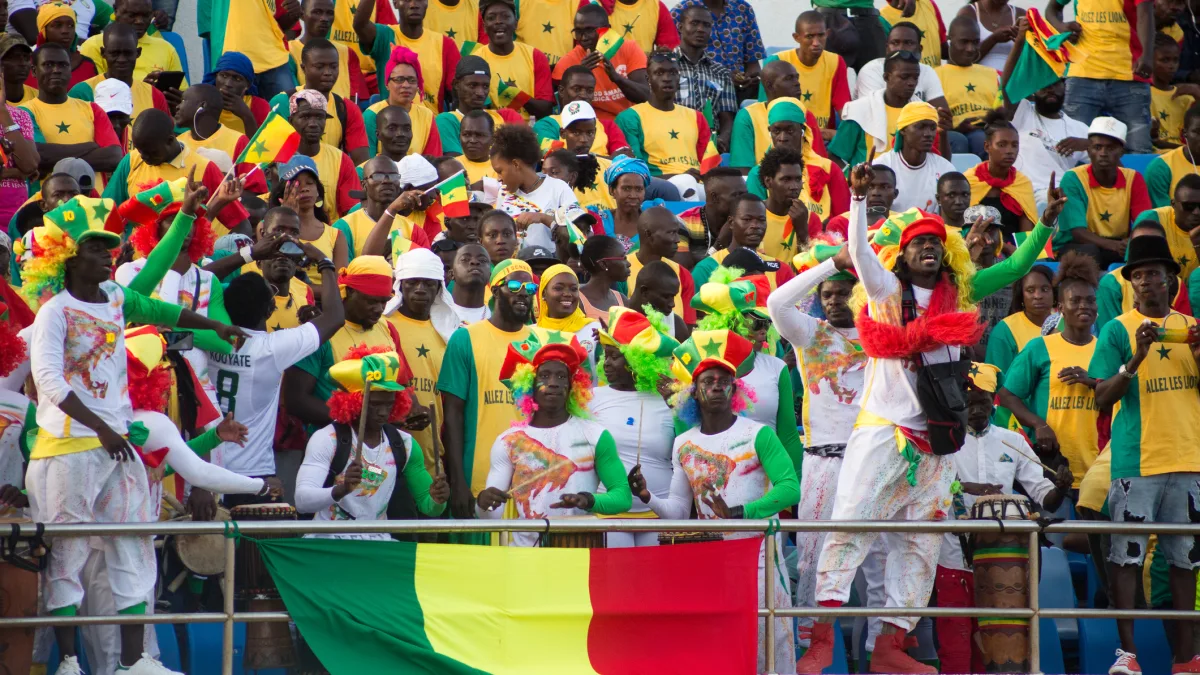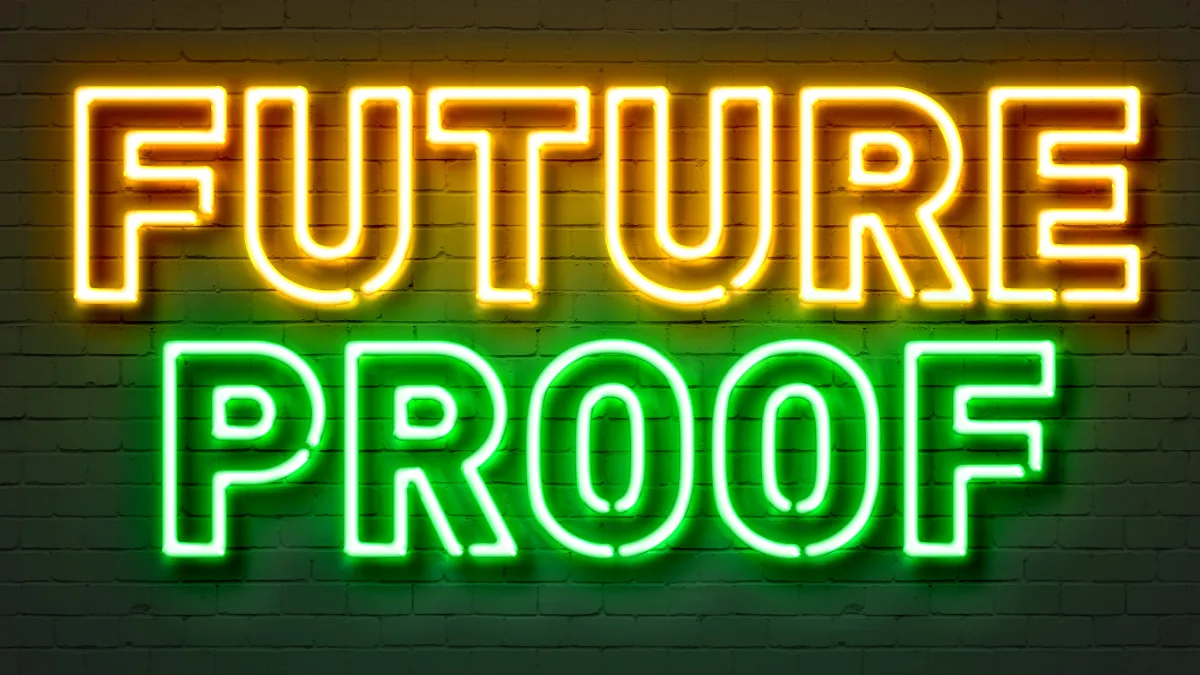The countries of Central and Eastern Europe and Central Asia must make better use of digital technologies and Artificial Intelligence (AI) to bridge gaps in education, healthcare, and public services, particularly in underserved areas.
This is one of the key recommendations of the latest edition of Emerging Europe’s Future of Sustainability report, which presents a multilayered approach to discussing the region’s future, delving into innovation and entrepreneurship as well as sustainability. It focuses on five critical dimensions: people, prosperity, planet, partnership and peace.
An overview of what to expect in 2025 and beyond meanwhile offers a better understanding of potential future developments both in the region as well as the individual countries across Central and Eastern Europe and Central Asia.
No community left behind
“Governments and businesses should embrace technology-driven solutions and foster AI literacy to drive the reinvention of current digital platforms and ensure equitable access to essential services,” the report suggests.
“By leveraging the power of AI, emerging Europe can ensure that no community, especially those in rural and remote areas, is left behind in the pursuit of inclusive development.”
Other key recommendations include develop workforces ready to embrace a green economy, prioritising circular economy solutions, empowering consumers to advocate for sustainability, and fostering public engagement for inclusive growth.
“Sustainability sits at the heart of the region’s reinvention,” says Andrew Wrobel, chief reinvention officer at Emerging Europe.
“The impacts of climate change, energy insecurity, and socioeconomic disparities call for robust, forward-looking responses. Harnessing local entrepreneurial talent, prioritising green innovations, and investing in education will be vital for fostering the next generation of leaders who can navigate this shifting landscape.”
Collaboration essential for reinvention
The report also offers regional overviews on three key topics: energy transition, workforce inclusion, and sustainable investment, providing insights into critical areas for future growth.
Looking ahead to 2025, it explores the significance of sustainable growth, the circular economy, and environmental responsibility, while also examining the journey toward social inclusivity and the emerging era of governance.
“Collaboration among governments, businesses, and civil society is essential for reinvention at the policy level,” says Craig Turp-Balazs, editor of Emerging Europe.
“Governments should prioritise citizen engagement in policymaking, ensuring that public aspirations for dignity, inclusion, and opportunity are at the heart of policy design and implementation. By fostering this collaborative approach, policies can be reimagined to better address societal needs and drive meaningful progress.”
Estonia again tops Sustainability Index
As with previous editions of the report, this year’s edition also includes a regional sustainability index exploring close to one hundred different indicators, put together by the Emerging Europe research team.
It has been enriched by expert perceptions and illustrative data to facilitate cross-country or cross-subregion analyses.
As in 2024, Estonia tops the index, this year followed by Baltic neighbours Latvia and Lithuania. Czechia is in fourth place, with Slovenia fifth.
“The Baltic states set the standard for many things in emerging Europe, from education and the digitalisation of public services to press freedom and investment promotion. So it’s not really a surprise that all three perform so well when it comes to sustainability,” says Turp-Balazs.
At the other end of the index, Azerbaijan remains in last place, behind Belarus and Bosnia and Herzegovina.
The full Emerging Europe Future of Sustainability Report 2024-25 can be purchased here.
Photo by Maxim Hopman on Unsplash.







